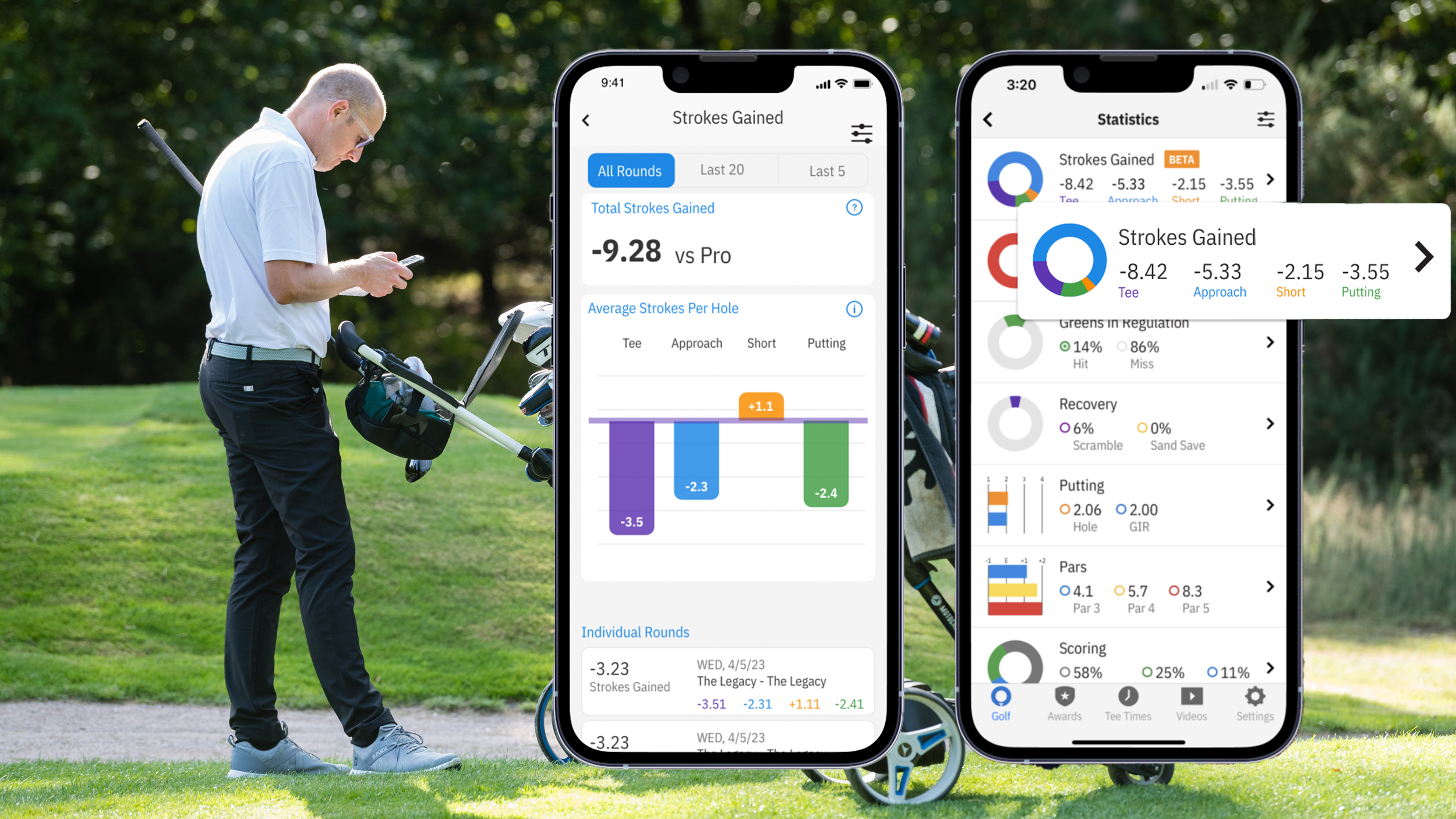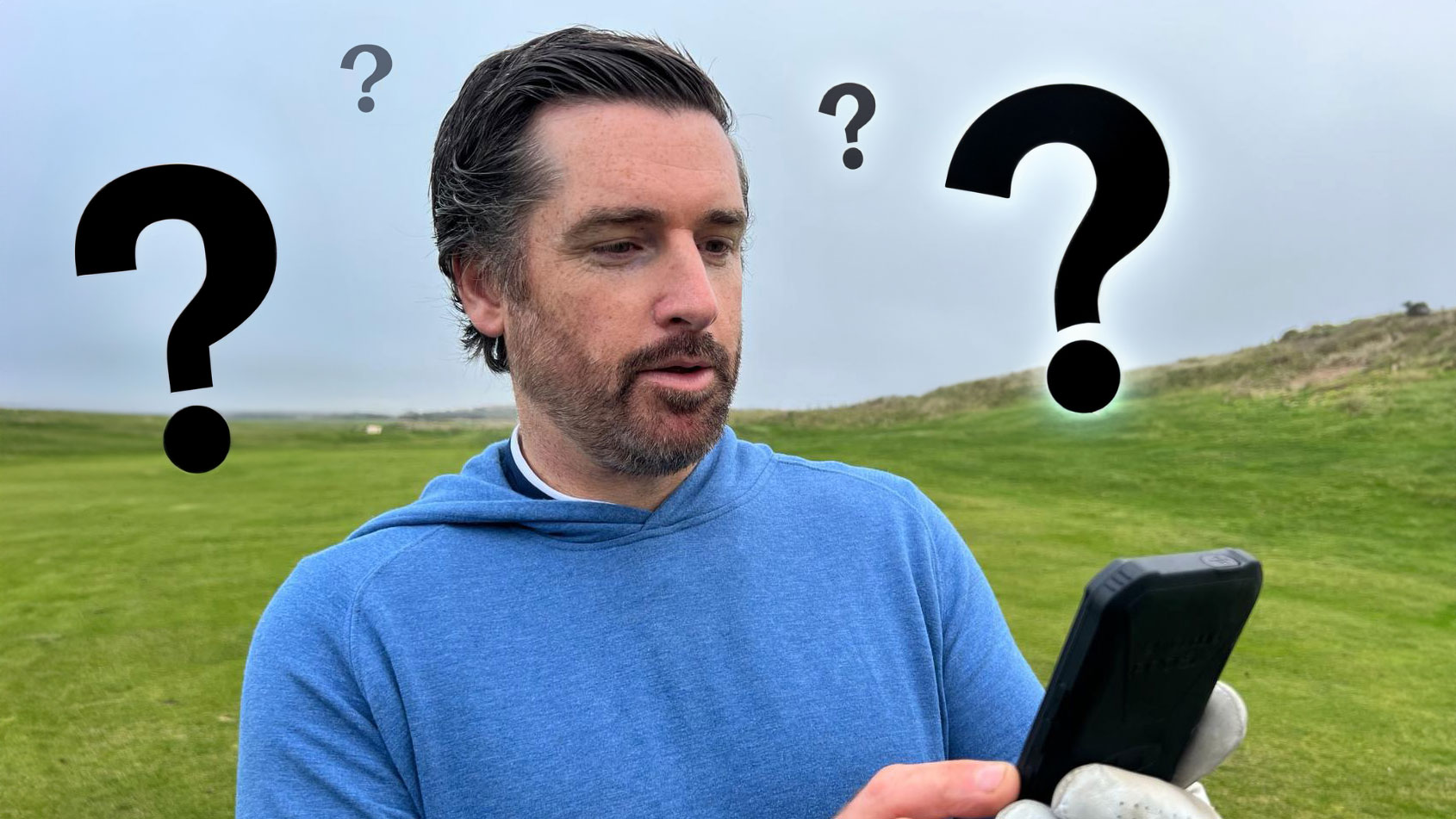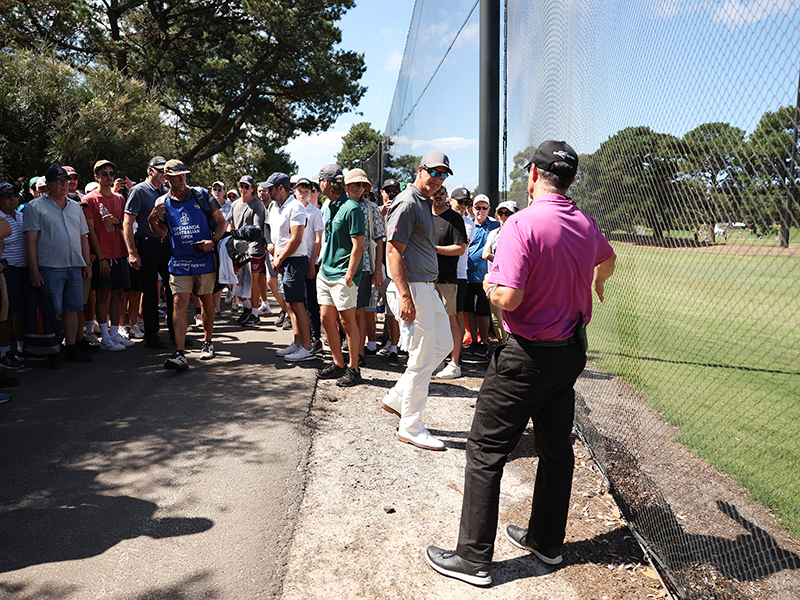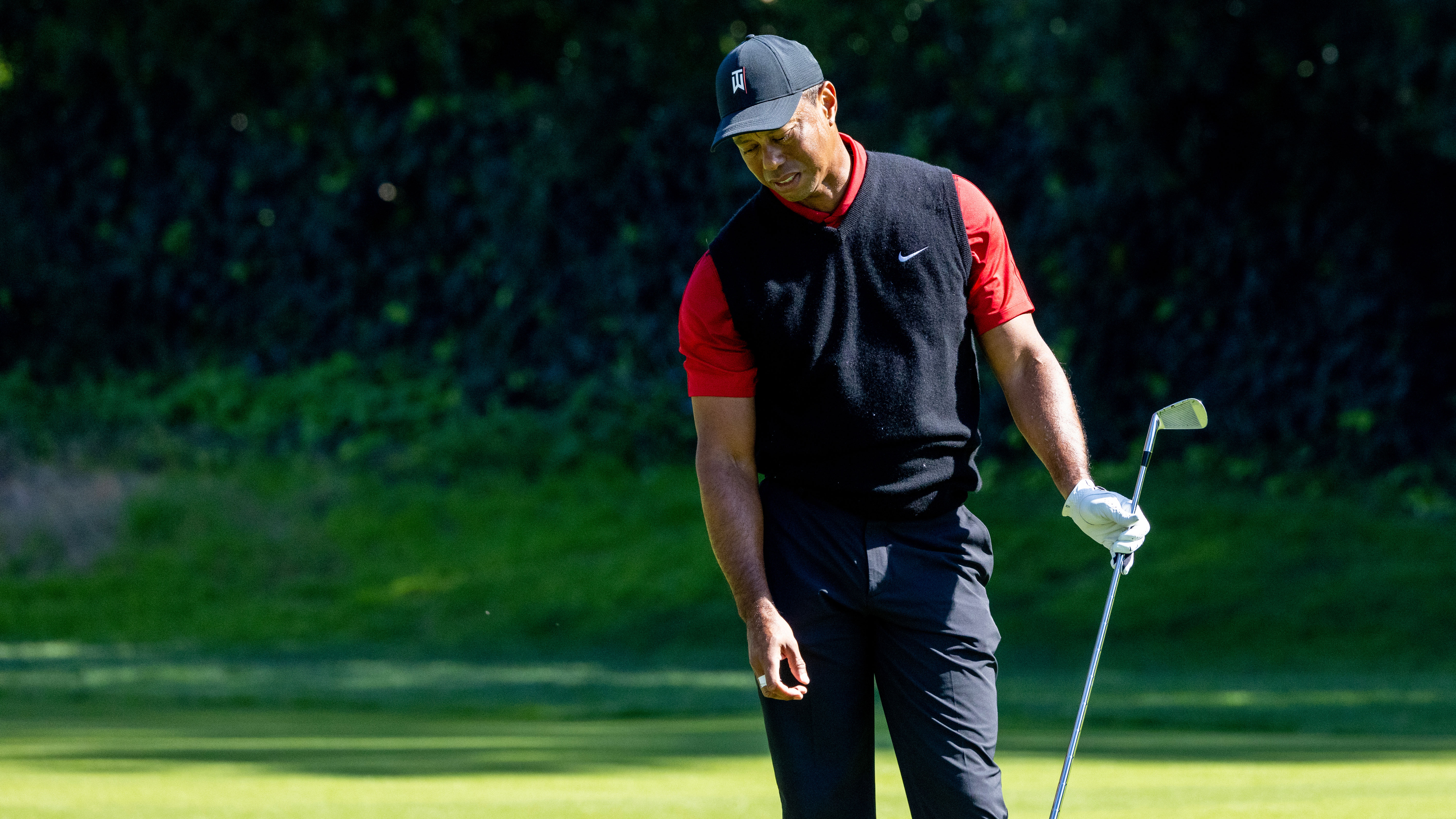
The evolution of statistical analysis in sport has been rapid over the past few years and golf is very much included in that. The advent of the Strokes Gained metric has banished antiquated statistics such as putts per round and greens in regulation (GIR) to the history books.
The reason for that is the relatively poor information players could glean from the aforementioned categories. Simply counting your putts per round or GIR can be very misleading and is so heavily influenced by how close you hit your approach shots or how well you drive the ball respectively. For example, if you hit 18 greens in regulation on a given day, but all to over 40 feet from the hole, then 36 putts would be an exceptionally good day on the greens.

However, if you missed all 18 greens and chipped up to three feet every time, then 36 putts would be a pretty poor return. Similarly, if you were having a tough day with your driver and playing the majority of your approach shots from short, crooked tee balls, then three or four greens in regulation could be a really good days work with your irons, whereas if you are booming 300-yard drives down the middle of the fairway all day and only hit three or four greens from there, this could be deemed a really poor return from your approach game.
Thankfully, companies like Golfshot are at the forefront of spreading the significantly more accurate Strokes Gained approach. However, there is still some misunderstanding around it. Here are five common misconceptions about Strokes Gained many golfers may not have realised...
1. Strokes Gained Is Complicated

This is a bit of a two-part answer. Yes, the analysis and methodology behind working out the statistics is complex, but thankfully that has been taken care of for us by some very smart people, so once we have apps like Golfshot in our hands the inputting of your shots is extremely easy and the results are equally simple to decipher. A number value is assigned to each area of your game, either + or -, to show you how you are performing to highlight your strengths and weaknesses.
It's worth mentioning here that a negative value isn't always a true negative - playing in poor weather conditions or an especially difficult golf course can have an adverse effect on your Strokes Gained data, while playing at altitude can make your tee shot Strokes Gained look much better than it actually is, so bear this in mind when crunching the numbers.
2. Strokes Gained Is Just For The Pros

Whilst undoubtedly the best professionals in the world rely heavily on strokes gained data to analyze their games, strokes gained will benefit every player. Most golfers of any level can get a gut feel for how particular areas of their games are performing, but to be able to put a specific value to that feeling is crucial to informing decisions from what to practice, all the way through to what equipment investments may be most prudent.
Furthermore, the ability to track progress in particular areas of the game can help show whether the work a player is putting in on a facet of their game is paying off or not and can also be a great insight for a coach to identify potential areas of improvement.
3. Strokes Gained Tells You Everything About Your Round

Much like the older statistics, Strokes Gained isn’t immune to being misinterpreted. For example, in the Strokes Gained off the tee category, a player could hit 13 excellent, long, straight drives and on one hole hit two out of bounds and their Strokes Gained number would look very poor despite an otherwise excellent day. It is important to factor this in when conducting any post-round analysis.
4. All Shots Of The Same Length Are Equally Difficult
On a similar note, players should be aware that the Strokes Gained around the green metric doesn’t fully factor in the difficulty of a shot, only the distance and lie when assigning a shot value. For example, one 15-yard pitch shot from the rough could be a pretty straightforward uphill shot with a fluffy lie versus another 15-yard pitch shot from the rough which is nestled down, requiring a carry over sand to a green running away from the player. Once again, the player should consider these circumstances when judging their days work.

5. Tour Pros Are Perfect
This is a big statement, but if you watch much golf coverage on television you could be excused for thinking that the top professionals don’t miss a shot. What you need to remember though is that the TV cameras are only generally following the top end of the field throughout coverage so these players are right on top of their game. As we generally aren’t seeing the players that week who are missing the cut by three or four shots, we can start to think that dead straight 350-yard drives and mid-irons that are peppering the flagstick are the norm, because that’s all we see, and that can be misleading for how we judge our own games.

Think for a moment, what you would imagine the average proximity to the hole on the PGA Tour is from 100-125 yards - would it surprise you to know that the average is over 20 feet away from the hole? How about those 10-15 foot putts that the top player never seems to miss? Well, the success rate from that range is barely over 30 percent. So for every ten putts from that range, seven are missing.
Learning a little more about Strokes Gained can give you some much-needed perspective on your own golf game.







